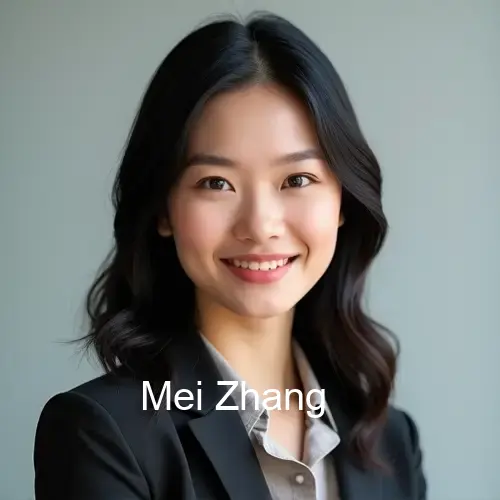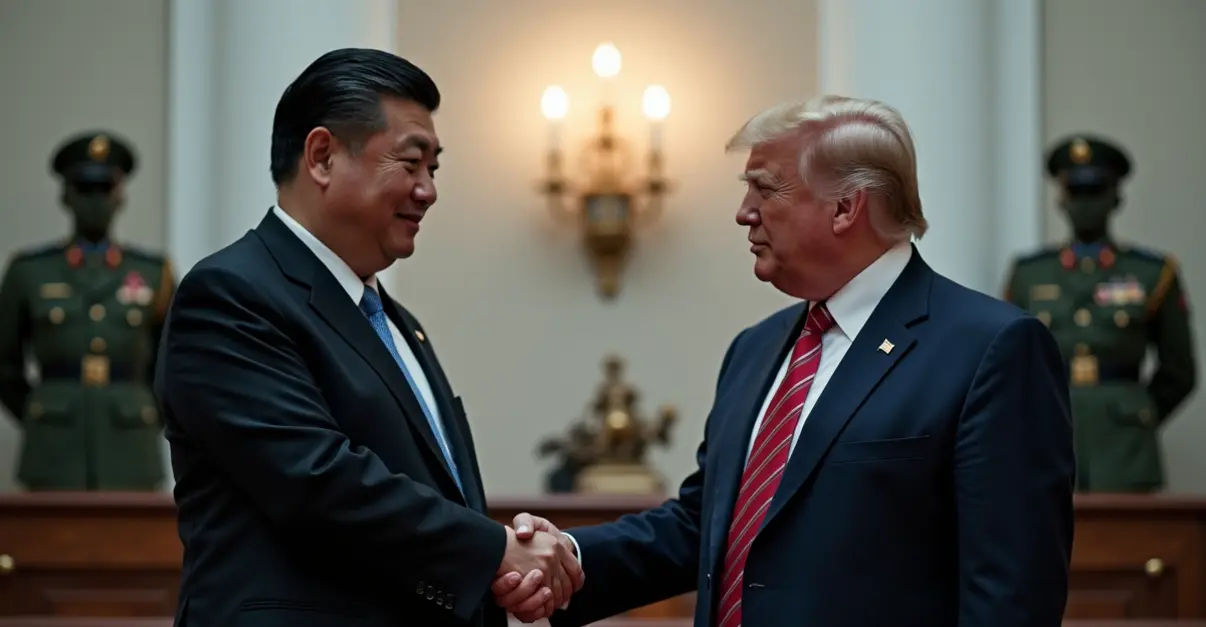
Mei Zhang
About Mei
Mei Zhang: Guardian of Earth's Stories
Roots and Awakening
Born amidst the rapid industrialization of Shanghai, Mei Zhang developed her environmental consciousness early. Her childhood walks with her botanist grandfather through disappearing wetlands near the Yangtze River Delta sparked what would become a lifelong mission. "I learned that nature speaks in whispers," she recalls, "and if we don't listen carefully, we'll wake up to silence." After earning dual degrees in Environmental Science from Peking University and Journalism from Fudan University, Mei began her career at China Daily, where she quickly established herself as a formidable voice in ecological reporting.Trailblazing Career
Zhang's groundbreaking 2010 series on electronic waste dumping in rural Guangdong province exposed corporate malfeasance and government oversight failures, leading to policy reforms and earning her the Asian Environmental Journalism Award. Her immersive 2015 documentary "Meltwater Chronicles" followed Himalayan glacier retreat across five nations, showcasing how climate change disproportionately impacts high-altitude communities. This project, which involved trekking 800 kilometers over six months, became required viewing in environmental studies programs across Asia. Her investigative work extends beyond traditional media; Zhang pioneered China's first data journalism unit focused on environmental metrics, creating interactive pollution trackers used by 20 million citizens annually. "Numbers humanize abstract crises," she explains. "When people see real-time air quality indexes for their child's schoolyard, policy debates become personal."Philosophy and Impact
Zhang's reporting philosophy centers on solutions-oriented storytelling. Rather than dwelling solely on dystopian scenarios, she highlights communities implementing successful sustainability models. Her "Green Warriors" podcast profiles innovators like the Mongolian herders restoring grasslands through traditional rotational grazing and the Shenzhen architects creating vertical forests in megacities. This approach has influenced a generation of journalists, with her mentorship program training over 200 environmental reporters across the Global South. Her commitment extends beyond journalism; Zhang serves on the advisory board of China's Ecological Civilization Research Institute and helped develop national curriculum standards for environmental education. "Information without transformation is just data pollution," she asserts. "My work succeeds only when it changes minds and policies."Personal Insights and Global Vision
Balancing motherhood with frontline reporting has shaped Zhang's perspective on intergenerational justice. Her 2022 book "Letters to Tomorrow" combines climate science with personal essays to her daughter, exploring the ethics of legacy in the Anthropocene era. "We borrow the present from future generations," she writes, "yet we behave like reckless tenants trashing a rented home." Despite the gravity of her beat, Zhang finds hope in youth activism and technological innovation. She currently leads a cross-border investigative team documenting renewable energy transitions along the Belt and Road Initiative. When asked about her motivation during challenging assignments, she reflects: "What sustains me is witnessing human resilience. In a Tibetan village surviving glacial floods, in Shanghai neighborhoods creating urban farms – I see the same truth: adaptation is our oldest survival skill." Zhang continues to bridge Eastern and Western environmental discourses, recently serving as keynote speaker at the UN Framework Convention on Climate Change. Her upcoming VR project "Breathing Borders" will immerse viewers in transnational air pollution flows, making atmospheric connections visible. "Environmental justice isn't a national issue," she concludes, "it's the ultimate team sport for humanity."Country: China

 English
English
 Nederlands
Nederlands
 Deutsch
Deutsch
 Français
Français
 Español
Español
 Português
Português





